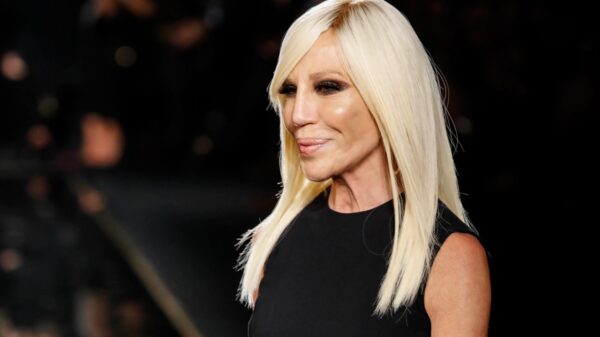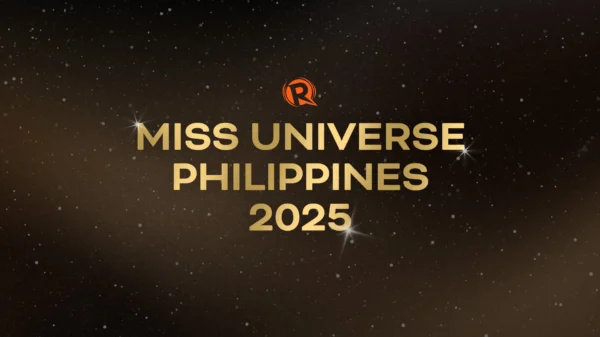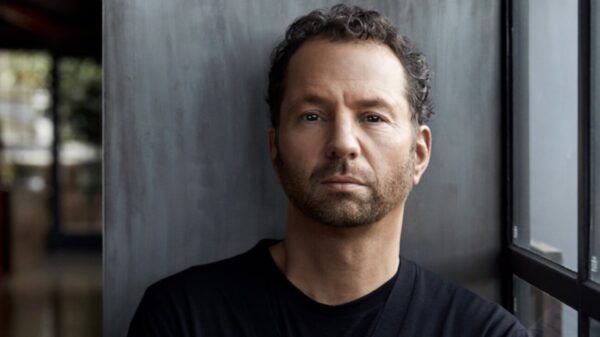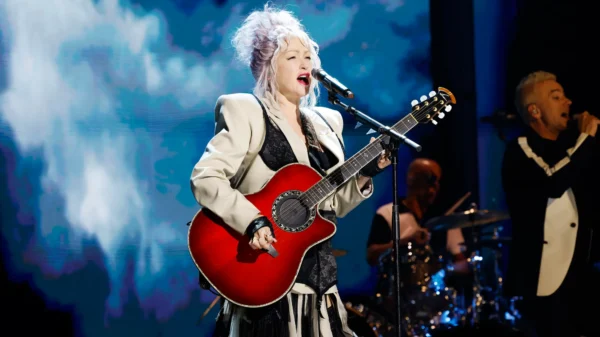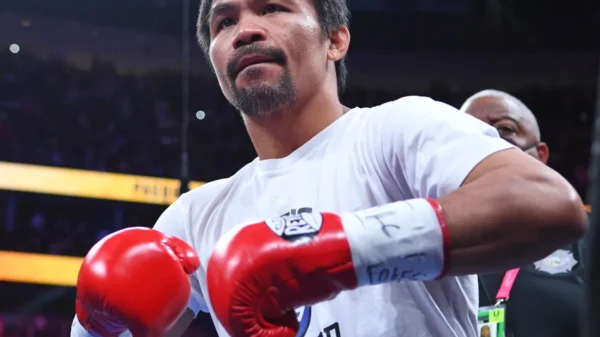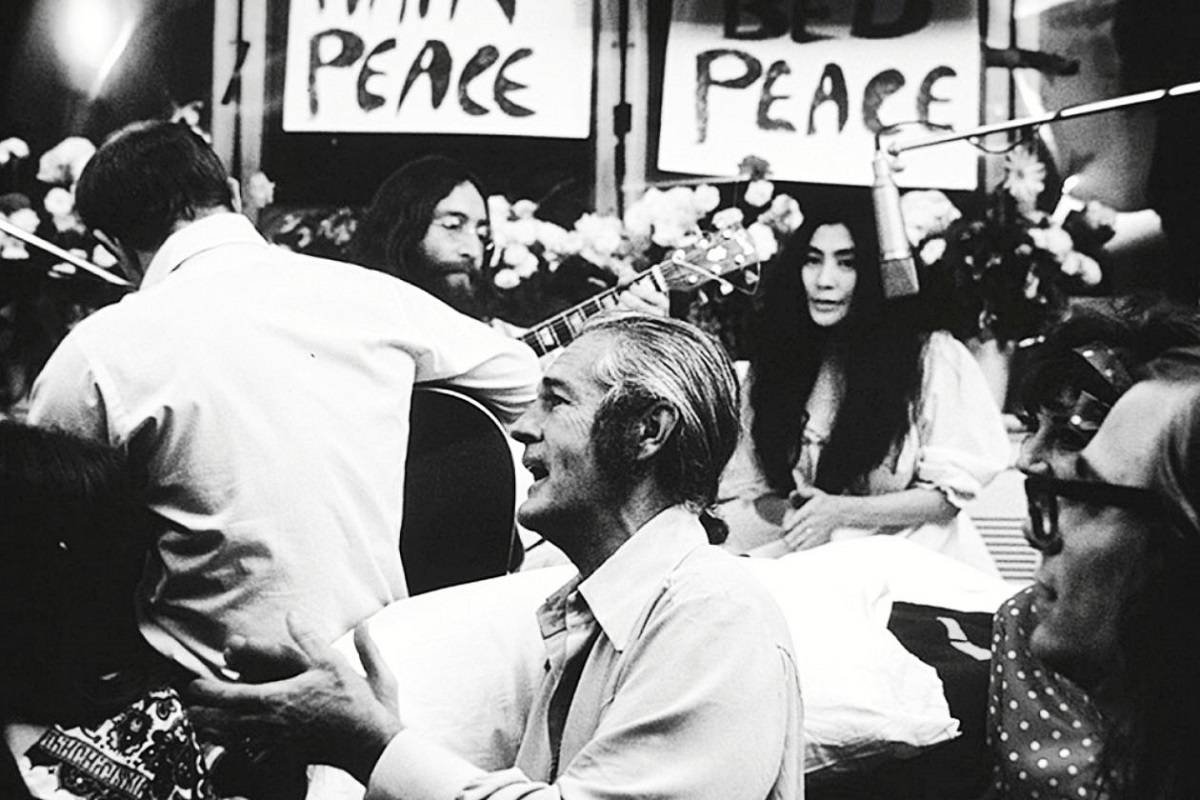Music has always been a powerful medium for expressing emotions, telling stories, and bringing people together. But beyond its ability to entertain, music has also played a significant role in driving social change throughout history. From protest songs to anthems of unity, music has the power to inspire, educate, and ignite social movements.
The Power of Lyrics
One of the most impactful ways that music conveys a message is through its lyrics. Whether it’s Bob Dylan’s iconic protest songs of the 1960s or the socially conscious hip-hop of artists like Kendrick Lamar and J. Cole, lyrics have the power to articulate the frustrations, aspirations, and dreams of a generation.
Lyrics can address a wide range of social issues, including racism, inequality, war, and environmental concerns. They can challenge the status quo, raise awareness, and encourage listeners to take action. Through their words, artists can give a voice to the voiceless and shed light on the injustices of the world.
The Role of Artists
Artists have often been at the forefront of social change, using their platform to amplify important messages. Whether it’s through benefit concerts, charity work, or speaking out on social media, musicians have the ability to reach millions of people and influence public opinion.
Take, for example, the Live Aid concert in 1985, which brought together some of the biggest names in music to raise funds for famine relief in Ethiopia. The event not only raised millions of dollars but also raised awareness about the devastating effects of hunger and poverty.
In more recent years, artists like Beyoncé and Taylor Swift have used their influence to advocate for gender equality and support various social justice causes. Their activism has sparked conversations and inspired their fans to get involved in creating positive change.
The Soundtrack of Movements
Music has a unique ability to unite people and create a sense of solidarity. Throughout history, songs have become anthems for social movements, rallying cries for change. From “We Shall Overcome” during the civil rights movement to “Imagine” by John Lennon, these songs have become symbols of hope and resilience.
During the anti-apartheid movement in South Africa, music played a crucial role in mobilizing people and spreading the message of resistance. Artists like Miriam Makeba and Hugh Masekela used their music to challenge the oppressive regime and inspire hope for a better future.
Even in more recent times, songs like “Blowin’ in the Wind” by Bob Dylan and “Formation” by Beyoncé have become anthems for social justice movements. These songs resonate with people, providing a voice for their frustrations and a call to action.
Music as a Catalyst for Change
Music has the power to transcend boundaries and bring people together. It has the ability to evoke emotions, spark conversations, and inspire action. Whether it’s through lyrics that challenge the status quo or anthems that unite movements, music has consistently played a vital role in driving social change.
As listeners, we have the power to support artists who use their platform for good and to engage with the messages they convey. By embracing music with a message, we can become active participants in the social change we want to see in the world.
So the next time you listen to a song, pay attention to the lyrics and the message behind the music. You might just find yourself inspired to make a difference.

